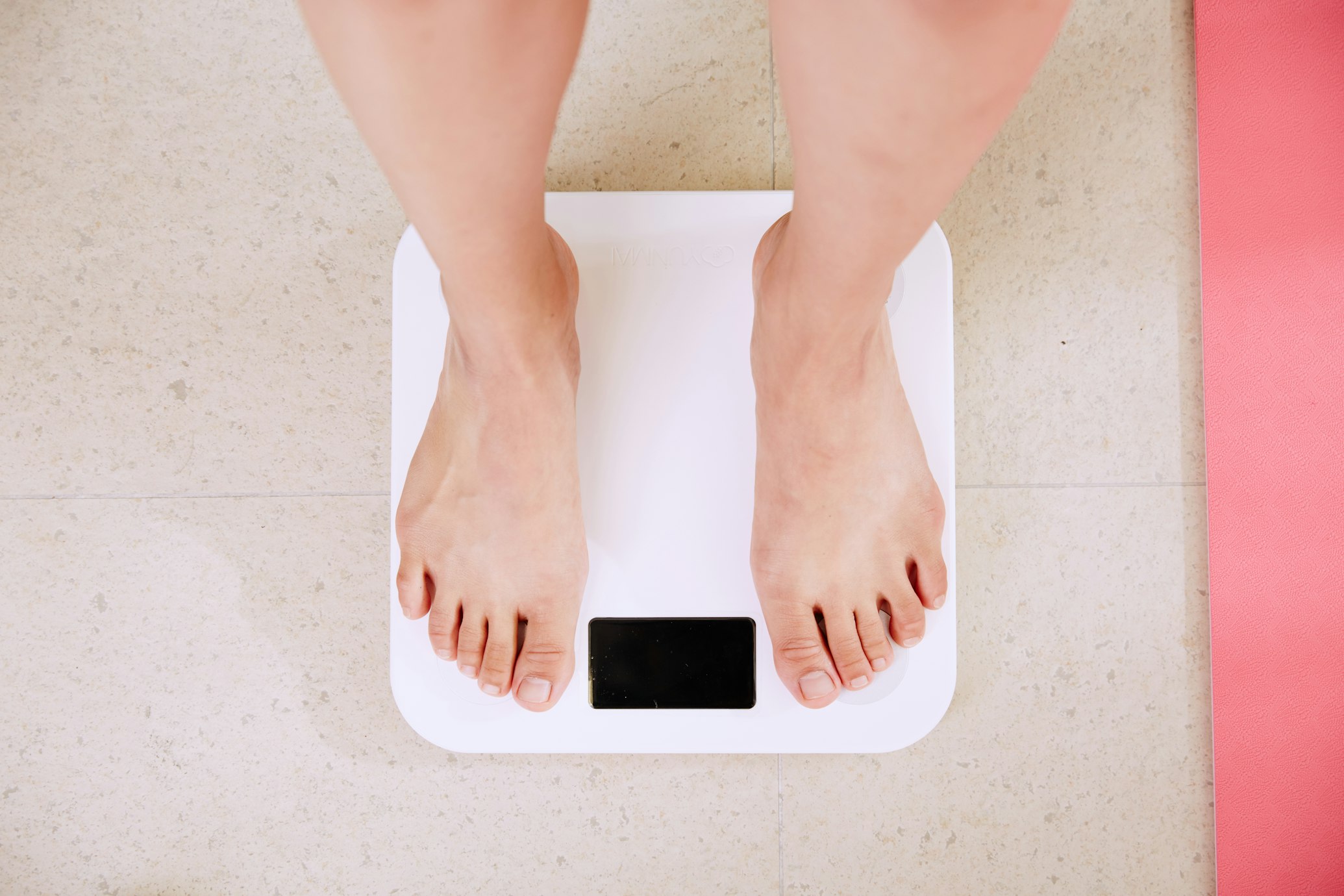How Many Calories Should You Eat to Lose Weight?
Discover the science behind calorie deficit and how to calculate the right amount for your body.
Hydration isn't just about numbers—it's about tuning into your body and your lifestyle.

We’ve all heard it: “Drink 8 glasses of water a day.” While it’s a decent guideline, it doesn’t account for your weight, how much you exercise, or even the weather. Hydration is personal. One size doesn’t fit all.
A better estimate is based on body weight. A common formula is:
30–40 ml of water × your weight in kg or 0.5–0.7 oz × your weight in pounds
Someone weighing 70kg needs roughly 2.1 to 2.8 liters daily. That’s before adding exercise or hot weather into the mix.
The best way? Check your urine color. Pale yellow = hydrated. Dark yellow = drink more. Simple, science-backed, and free.
Foods like watermelon, cucumber, oranges, lettuce, and soups contribute to hydration. Up to 20% of your daily intake may come from food.
Use our Daily Water Intake Calculator to get your personalized hydration target in seconds.

Discover the science behind calorie deficit and how to calculate the right amount for your body.

Understand the difference between your resting metabolic rate and daily energy expenditure.

Learn how to lose fat while maintaining lean body mass with the right protein and workout approach.

Use our hydration tips to calculate your daily water needs and stay energized all day.

BMI can be helpful—but not perfect. Find out how to interpret your results accurately.

Whether for weight loss or muscle gain—get the exact grams your body needs.

Is skipping meals really healthy? Science says yes—if done correctly. Learn more.

Save time and burn fat with easy-to-follow meal prep strategies for busy lifestyles.

Are all calories equal? Discover how protein, carbs, and fats affect your body differently.

Walking is powerful. Learn how far you need to go to reach your fitness goals.

Weight changes? Workout routine updated? Here’s how to update your daily calorie needs.

Still stuck? Learn about metabolic adaptation and how to break through plateaus.